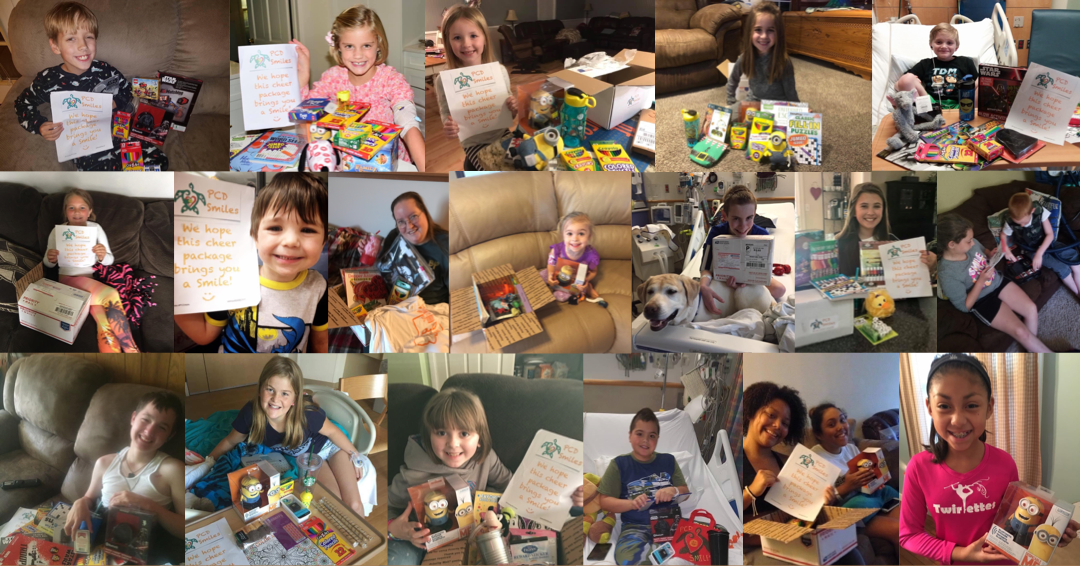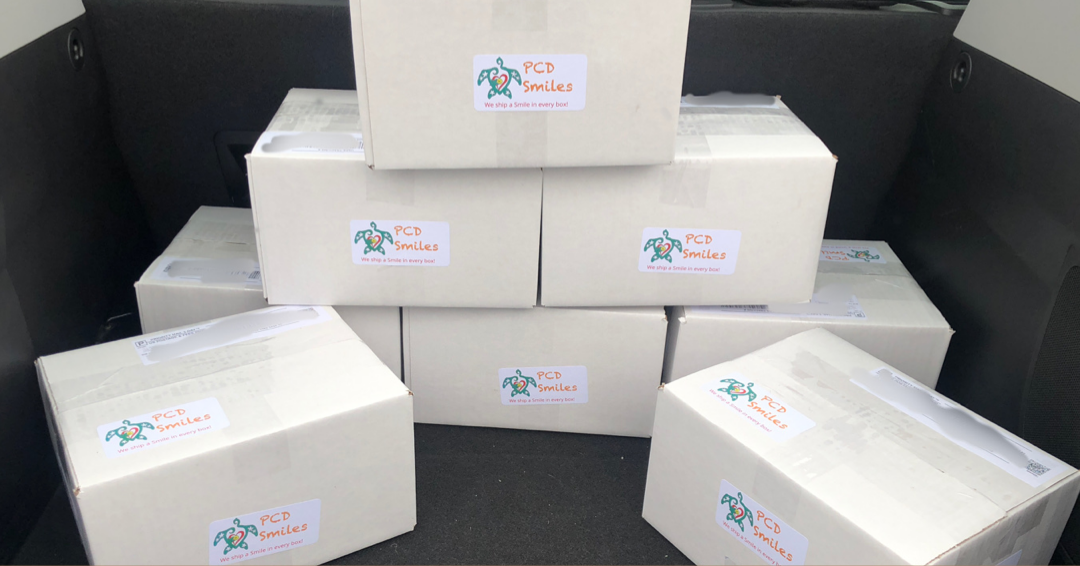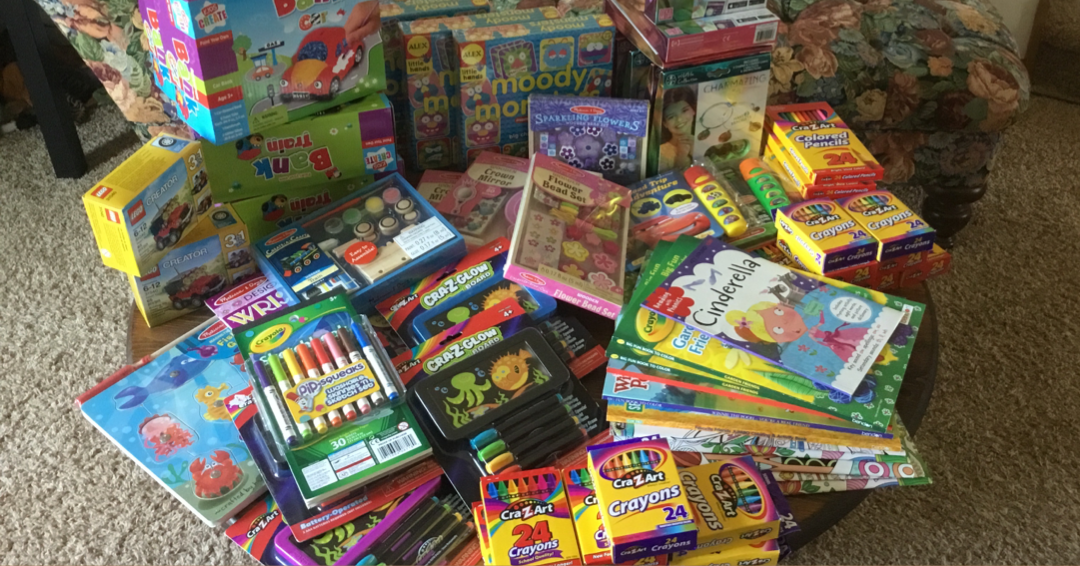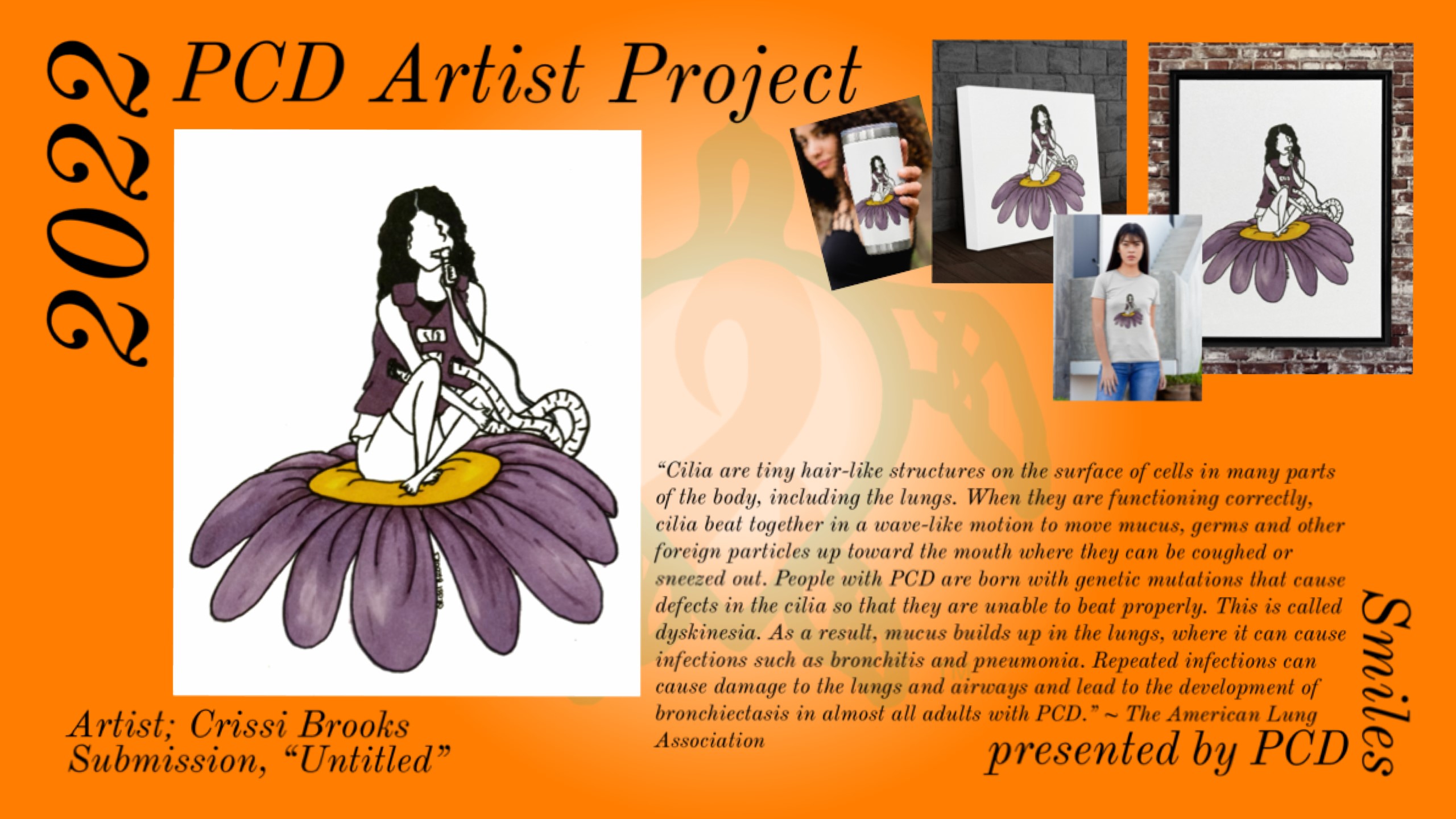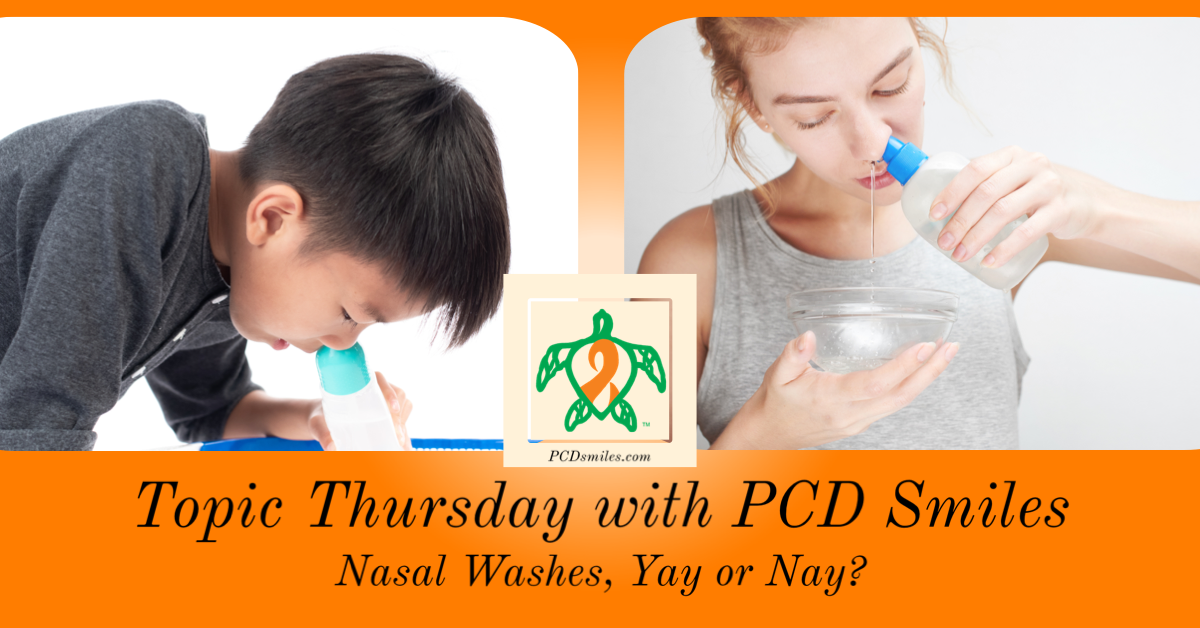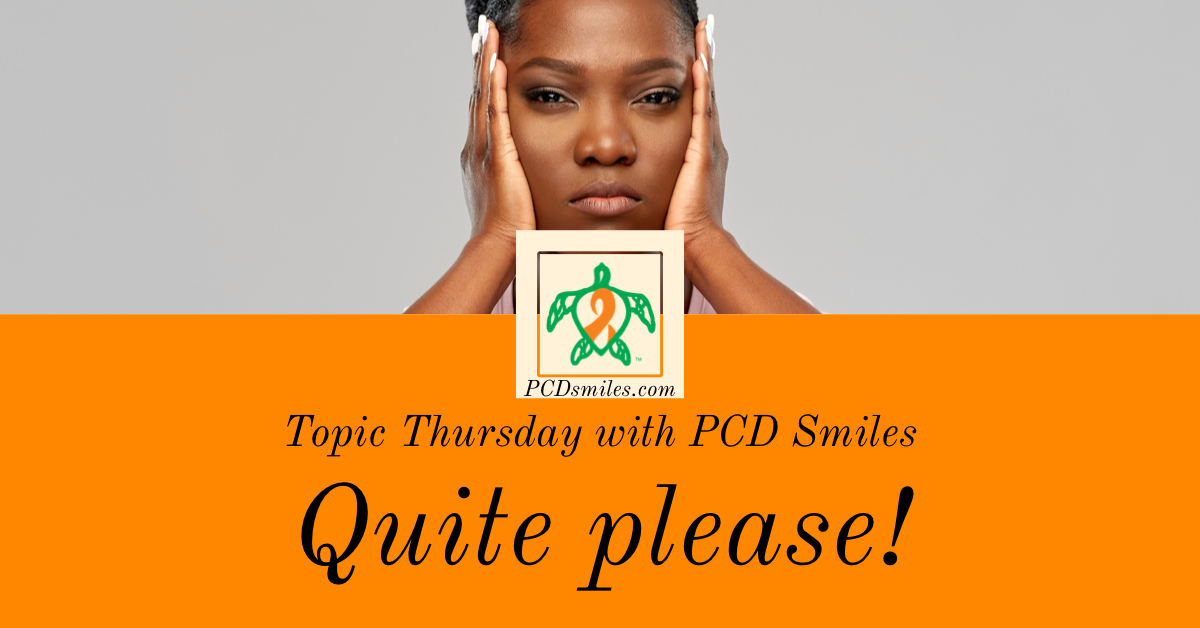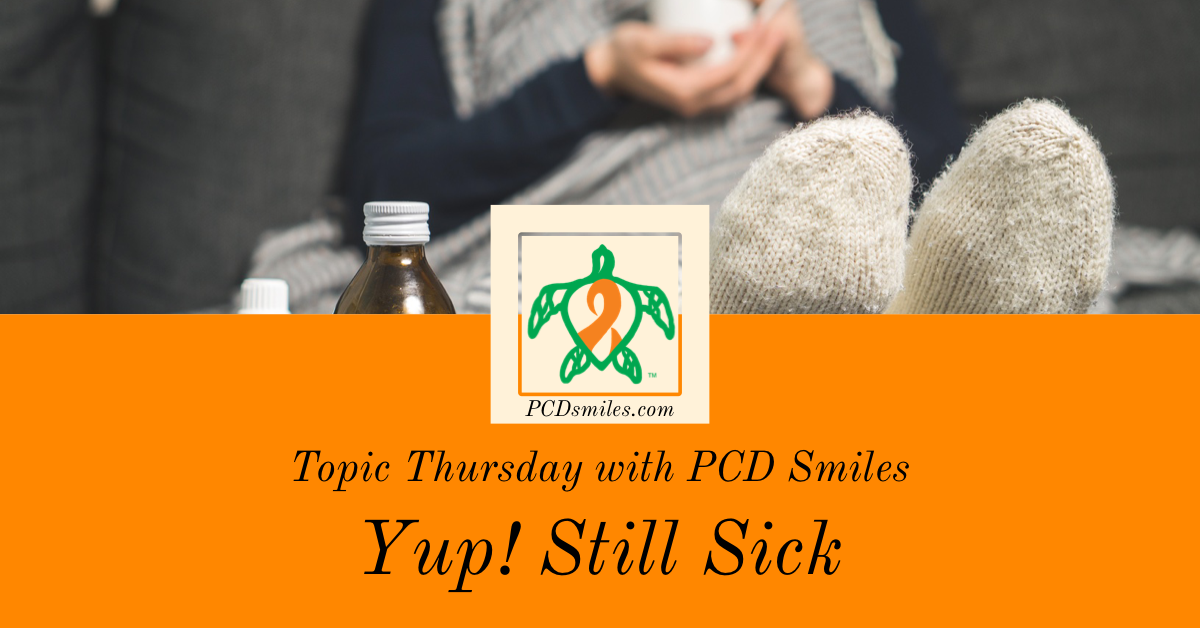Are you Team Yay or Team Nay when it comes to nasal washes for you or your loved one with primary ciliary dyskinesia (PCD)? Nasal washes are an integral component to PCD care, or rather they could be. The thing is, is deciding just when in life they should be introduced to a person with PCD. But don’t get me wrong nasal washes may just not be your thing for more than personal comfort, there may be a medical reason keeping them from helping someone who has PCD. So how do we know which team to pick, which side is really right for your exact overall needs?
The earliest nasal washes can be found dating way back thousands of years ago, beginning by sniffing ocean water cupped by hands. It wasn’t until five hundred years ago that nasal appliance delivery systems started showing up. Nasal washes or rather nasal irrigations likely originated in the Ayurvedic medical tradition in which it is known as “jala neti”, the practice of nasal irrigation. Over the many years nasal irrigation technologies have come and gone, some better than others. Which might surprise the average user of these more modern nasal irrigation systems, that sometimes more technologically advanced doesn’t mean safer and cleaner. Unless your idea of cleaner might be less mess, more contained, and more convenient. Though when you are dealing with compromised airways, as seen in PCD, choosing the less technically advanced delivery system may be paramount. That good old squeeze bottle will quickly become your friend, versus the more fancy technological superior delivery systems. So why is that?
To understand that we must understand PCD. Primary ciliary dyskinesia is a genetic level defect that affects the body’s motile cilia. People with PCD are missing a working copy of one of the genes responsible for the proteins that build properly working cilia. There are several hundred proteins thought to be responsible for the function of ciliary structures. To date, fifty four of those genes responsible for those proteins are known to be pathogenic, or disease causing, for PCD.
Motile cilia are responsible for a wide variety of bodily functions and PCD can be thought to primary be a fluid transport problem for the body. Motile cilia help keep fluid moving, the mucus in mucociliary escalator in the lungs throat and sinuses, ear fluid in the middle ear and eustachian tubes, cerebral spinal fluid in the ventricles of the brain, reproductive processes, and many other areas that have yet to be identified. Motile cilia are also thought to be important in proper development and positioning of organs as well. For today’s topic we will discuss the sinuses.
According to the National Institute of Health’s National Library of Medicine, “Patients with primary ciliary dyskinesia (PCD) exhibit significantly decreased pneumatization of their maxillary, sphenoid, and frontal sinuses, a difference that was observed across age and gender. Chronic rhinosinusitis is difficult to treat and our observations indicate that hypoplastic sinuses in PCD patients can complicate surgical management of the disease.”Underdeveloped sinuses also called hypoplasia or aplasia as seen in PCD can cause symptoms such as headaches, facial pain, nasal discharge, and speaking or voice problems. It’s also thought to be why PCD patients produce such low levels of nasal nitric oxide. Underdeveloped sinuses can be a huge factor in determining if nasal washes are safe for you or your PCD loved one. It’s for this reason that each PCD patient should be thoroughly evaluated by an ENT specialist and specifically one that is well versed in the care and management of PCD patients. Nasal washes may be contraindicated, or not recommended, for a person with PCD who's sinuses are underdeveloped and not structurally sound to allow for free flow of the nasal washes back out of the sinuses. The risk of nasal washes getting stuck in the underdeveloped or misshapen sinus cavities can out weigh the risk of not doing nasal washes at all for a person with PCD. It’s for this reason that no one with PCD should ever start nasal washing without a thorough sinus evaluation by a sinus specialist versed in the care and management of PCD.
Beyond the structural issues we need to look at the risk of cross contamination of and mutation of bacteria found in one’s sinuses. The risk of cross contamination in PCD isn’t well understood, but given what is seen in cystic fibrosis reasonable precautions should be taken by those with PCD. Now what’s this have to do with nasal washing? Surly people do not share their sinus irrigation appliances. It’s not the sharing in this instance that we need to be concerned with. It’s the mutation of bacteria that is in that person’s sinuses that we must be concerned with. Let me explain. When we wash or rather irrigate our sinuses the bacteria that is in the sinuses is also washed or irrigated into the nasal appliance as well. This bacteria can attach to the appliance where without proper cleaning and sterilization it can thrive, grow, mutate, and then be flushed back into the sinuses at a future nasal wash session. Most people are like, “Yeah, sure, but I clean my nasal application.” My question is, “Are you sure you are cleaning it properly and killing off all bacteria?” This matters, in PCD it matters a lot because of the rare and uncommon bacteria found in PCD mucus. Not to mention that it’s thought that bacteria like pseudomonas aeruginosa or nontuberculosis mycobacteria first enters a PCD patients respiratory system through the sinuses. So are you properly cleaning your sinus irritation appliance?
This knowledge of the importance of properly cleaning nasal irrigation appliances of a person with PCD needs to be applied to your choice of nasal irrigation appliance. The more advanced technologies available may not be best for those who have PCD due to their inability to be properly cleaned and sterilized after each and every use. Advance nasal irrigation systems that work by the push of a button and have machine parts are typically not able to be disassembled and throughly cleaned and sterilized. This increases the risk of the PCD patient reintroducing bacteria over and over again into their sinuses at each subsequent use. Overtime this bacteria can mutate into even harder to treat strains of the bacteria, thereby causing even more unnecessary complications for the person with PCD. While these advanced appliances offer less mess, less clean up, and appear more sanitary they may not be the best appliance for a PCD patient. Less mess doesn’t necessarily mean less risk.
So what is the best appliance for someone who has PCD? It turns out that the simple squeeze bottle may be best. Squeeze bottle not a neti pot or slow drainage pot. Due to the nature of thick sticky mucus seen in PCD you will want the higher volume and force that a squeeze bottle offers over a slower appliance like a traditional neti pot or a gravity draining appliance. The force of the squeeze bottle helps to shear the mucus from the nasal passage walls allowing easier removal of mucus found in a PCD patient’s nasal passages. Then you have to contend with the bacteria being removed, squeeze bottles can be throughly disassembled, clean, sterilized, and dried versus their mechanical counterparts that the machine pieces can’t be completely accessed, sterilized, and dried completely. So even though a squeeze bottle may seem messy, it can actually be much safer and less messy for a person who has PCD.
In any case the choice of which appliance and if nasal washes are for you is up to you and your ENT specialist on whether or not you are Team Yay or Team Nay when it comes to nasal washing for you or your PCD loved one. The first step is determining if your nasal passages can withstand nasal washes, and if there are any places that the nasal irrigation materials can become trapped and then become a breeding ground for infections. This is why it’s imperative that a person with PCD never start nasal washes without approval from an ENT specialist well versed in PCD care and underdeveloped sinuses.
Be sure to join us next week for another Topic Thursday.
Join our Facebook group Turtle Talk Café today, click here.
We have several ways that you can donate to PCD Smiles;
- Visit Smile E. Turtle's Amazon Wishlist
- For more information on how you can donate, please visit our "Donation" page to check out our "Do & Don't policies.
- Or sponsor a PCD Smiles cheer package today!
- To shop for your “Official” turtle care ribbon gear today, visit PCD Style or Smile E. Cove
Thank you for your consideration!
